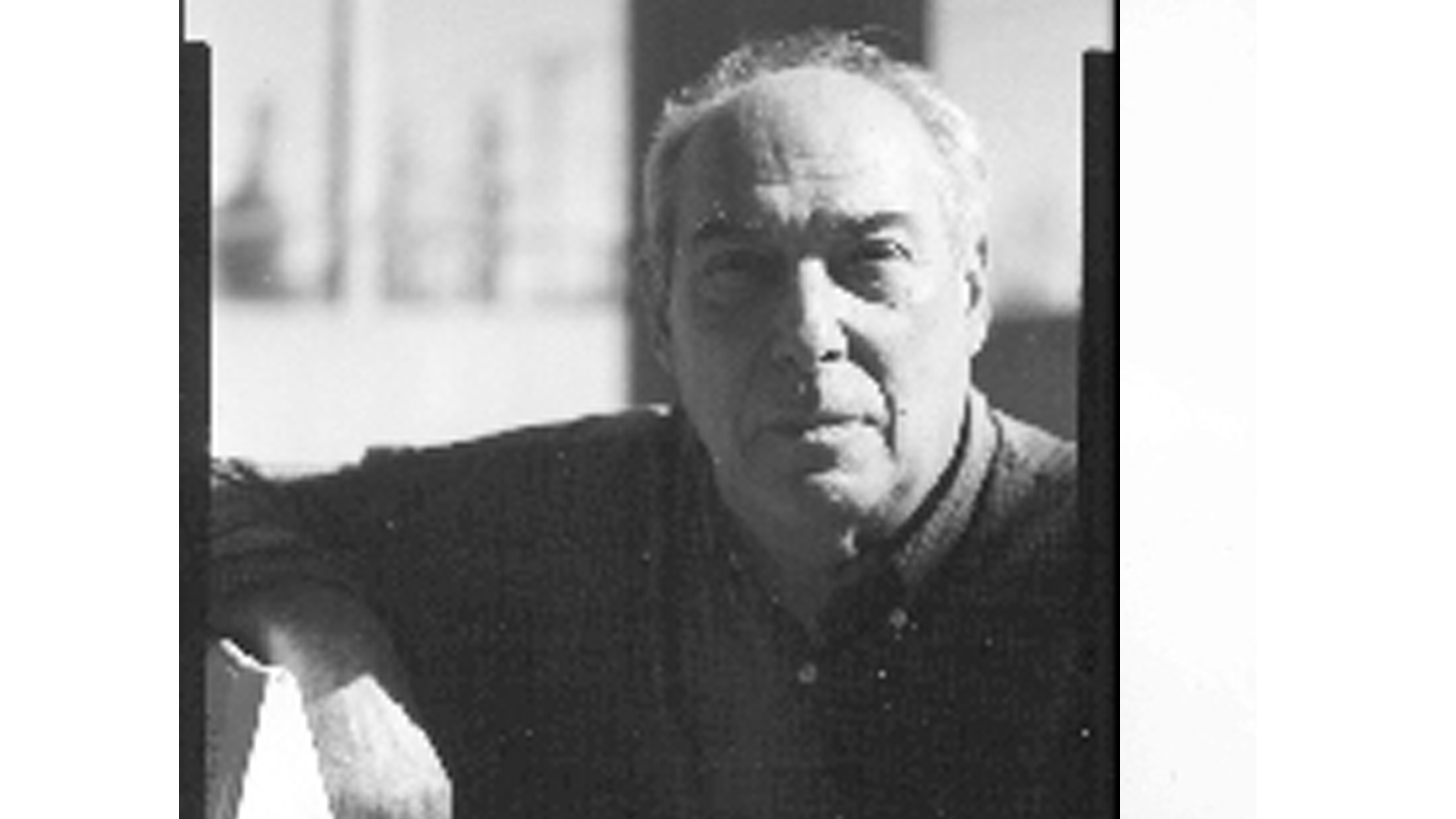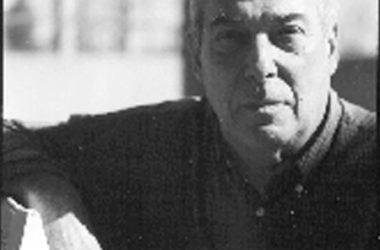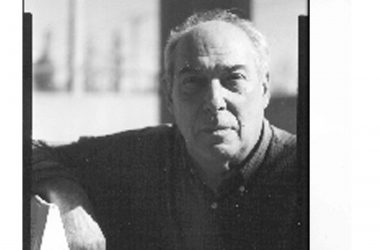By Noel Ignatiev
As probably everyone reading this knows, Professor Keeanga Yamahtta-Taylor has canceled her West Coast tour following threats to her life stimulated by FOX news reports of a talk she gave at Hampshire College in which she called Donald Trump a “racist, sexist, megalomaniac.” Professor Yamahtta-Taylor’s colleagues at Princeton University, where she teaches, have drawn up a Letter of Support and Solidarity, which a number of people at Princeton and elsewhere have signed. Some things should be obvious, but I will say them anyhow: first, I take the threats seriously—the fascists are not playing; second, I sympathize with Professor Yamahtta-Taylor’s concern for her safety and the safety of her family; and third, I am gratified to see so many people expressing support for and solidarity with her.
Some things are less obvious, and saying them may offend some I respect. I think they also need saying, and I propose to say them:
Although Professor Yamahtta-Tayloror said she would not be silenced, she has in fact been silenced, and her silencing will encourage more threats and discourage others from speaking publicly. Professor Yamahtta-Taylor has ceded to fascists and rightwingers the monopoly on direct action. . I don’t want to make light of the danger she faces, but people must devise better responses to threats than writing letters that will have no effect on those making the threats. Second, her withdrawal may not have been necessary: there are thousands, tens of thousands, who would rally to the defense of her right to speak if called upon to do so, willing to take action beyond signing a letter. I am no expert in these matters, but it seems to me that it would be possible to assemble a sufficient number of people from the places she is scheduled to appear, to escort her to the meeting, check the hall for bombs, search all those who enter the auditorium, fill the first rows of the audience with supporters, put curtains on the windows to discourage snipers, etc. Third, in spite of all precautions, there are no guarantees of safety in this movement, and people who want to build a better world cannot afford to ignore the fact that more blood will flow before justice triumphs. On one occasion when the Mayor of Boston begged a meeting of Abolitionist women to disband because he was unable to protect them from a mob, Maria Weston Chapman, probably the person most responsible for directing the day-to-day work of the movement, replied, “If this is the last bulwark of freedom, we may as well die here as elsewhere.” Her courage, and the courage of the other women who walked out arm-in-arm, quelled the mob. I admit it might not work as well today.
There is a time-honored tradition of activists taking steps to protect themselves: Harriet Tubman carried a pistol to protect her flock from pursuers and to discourage any who were tempted to change their minds midway. The abolitionist Cassius Clay opened his public talks by placing a copy of the Constitution on the podium, saying, ”This is for people who respect the Constitution.” Then he would place there a copy of the Bible, saying, “This is for people who respect the Bible.” Then he would take out a large pistol and say, “And this is for those who respect neither.” John Brown carried a brace of pistols on a fundraising trip to Boston following his adventures in Kansas, to let all know he would not be taken; Wendell Phillips did likewise when mobs blamed him for the breakup of the Union.
One need not go so far back in time: there is the more recent example of Paul Robeson at Peekskill, NY in 1948, giving a concert guarded by a defense force of volunteers in defiance of a mob intent on murdering him and them.
Lastly, though I am old from wandering through hollow lands and hilly lands, and not much good for either fighting or running, and though I am writing these words from about as far from the West Coast as it is possible to be while remaining within the territorial limits of the forty-eight states, I declare my willingness to respond to the call to defend freedom of speech with my body. “If this is the last bulwark of freedom, we may as well die here as elsewhere.”



